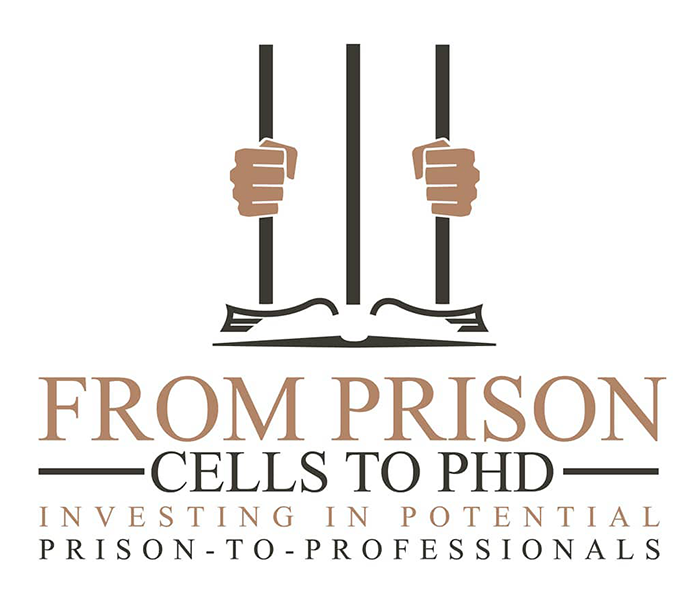Returning Citizens and Access to the Tech Industry

Authors: Marcus Bullock, CEO and Founder, & Jessica Snow, VP Operations, Flikshop
As the CEO of Flikshop, I have seen firsthand the opportunities available within our tech industry. Tech is renowned for its demand for skilled workers and its openness to diverse backgrounds. But my story of success with Flikshop doesn’t have to be an anomaly within the formerly incarcerated community. This is why I constantly remind our scholars in the Flikshop School of Business, “There is space for you here. You belong in tech, too!”
 There is a massive void in most of our industries when we consider the available talent pool, but for the digital workforce, the hole is getting larger and larger. Companies cannot keep up with the demand for software engineers, data analysts, and coders. There has also been a historical gap in hiring for sales, quality assurance, and project management. Over the past month alone, the number of technology jobs throughout the economy rose by 45,000, according to the CompTIA Tech Jobs Report.
There is a massive void in most of our industries when we consider the available talent pool, but for the digital workforce, the hole is getting larger and larger. Companies cannot keep up with the demand for software engineers, data analysts, and coders. There has also been a historical gap in hiring for sales, quality assurance, and project management. Over the past month alone, the number of technology jobs throughout the economy rose by 45,000, according to the CompTIA Tech Jobs Report.
I have always wondered, how would the tech industry benefit if companies launched a second chance hiring policy?
I mean, I would think that by opening doors to returning citizens, the industry would gain access to one of the hardest working groups of applicants and actually start retaining employees. Take a look at Jess Bonanno’s story (covered in the documentary Home/Free). After spending time in prison, Jess gained access to a coding boot camp through Next Chapter (see more below). The skills training she gained paved the way for her to become a leading software engineer for Slack. With second chance additions to HR hiring policies, more success stories like this one could accelerate the growth trajectory of these companies.
For us, it is mind-blowing that more hiring managers have not caught on to this wave.
According to the Prison Policy Initiative, the unemployment rate for formerly incarcerated individuals is five times higher than the general population. Increasing access to tech jobs could improve these statistics, providing stable careers with competitive salaries, benefits, and growth opportunities. Oh, and we’re not just recommending that returning citizens should be generously given jobs that they do not qualify for; we are also encouraging correctional agency leaders to bring tech career training into correctional facilities. Gone are the days of jobs that leverage vocational training in prisons. The programs are typically dated and do not deliver value to the returning population because most of those jobs have been replaced with technologies that continue to reimagine the way all of us work.
Correctional education programs should begin to expand pathways to these careers by offering opportunities like coding boot camps, sales training, soft skills workshops, and even virtual apprenticeships or internships. These offerings will equip returning citizens with the necessary skills to thrive in any industry, but because tech roles can help to create generational wealth for this population, we should be paying more attention to these specific jobs.
 Through our Flikshop School of Business, we have seen that those recently released from prison have the capacity to enter the tech workforce and crush it. In addition to our curriculum, proper training, and mentoring support, our 161 total graduates have seen great success. By recognizing and leveraging these skills, we offer a pathway to successful reintegration, reducing the likelihood of recidivism, and we can’t wait to find additional partners who also want to see our communities safer and companies get even stronger.
Through our Flikshop School of Business, we have seen that those recently released from prison have the capacity to enter the tech workforce and crush it. In addition to our curriculum, proper training, and mentoring support, our 161 total graduates have seen great success. By recognizing and leveraging these skills, we offer a pathway to successful reintegration, reducing the likelihood of recidivism, and we can’t wait to find additional partners who also want to see our communities safer and companies get even stronger.
These same pathways to successful integration could easily be accessible to currently incarcerated individuals with further attention in correctional programming to online learning platforms and access to community college and vocational training offerings. To truly see folks find success in reentry, we must empower them to stay ahead of the curve and adapt to the rapidly evolving technological landscape. This must begin before release.
We can see the success of these programs by looking at how they have been implemented on the outside. Next Chapter has seen tremendous results with its coding bootcamps and apprenticeship programs. With a 92% placement rate and a 0% recidivism rate for their participants and graduates, Next Chapter is developing highly skilled talent, filling the void in a growing industry, and offering justice-impacted communities a second chance.
Our entire community benefits from this new wave of thinking in HR. Jobs for returning citizens that want to enter the tech industry have proven economic and social benefits as well. This includes financial stability, reduced reliance on social welfare programs, and increased tax contributions. The Pew Charitable Trust shares in its report Collateral Costs: Incarceration’s Effect on Economic Mobility that formerly incarcerated individuals earn 40% less annually than individuals without criminal records. Access to well-paying tech jobs can help bridge this earnings gap and promote economic equity. Moreover, solid employment is a powerful tool for breaking down the stigma associated with incarceration, inspiring other individuals and fostering social cohesion.
By embracing returning citizens, the tech industry can build a more diverse and equitable workforce. Including individuals from all walks of life brings different perspectives and experiences to the table, enhancing problem-solving capabilities, fostering creativity, and enabling the development of more inclusive technological solutions. By actively supporting and championing returning citizens in the tech sector, we challenge biases and dismantle structural barriers. This is how we pave the way for a more just and inclusive industry.
_____
Please take 1 minute to fill out this survey about how this blog post may have influenced you or helped you learn new information. Your response will help STEM-OPS learn about our shared impact on messages about people impacted by incarceration and help us improve our approach to changing societal narratives.





